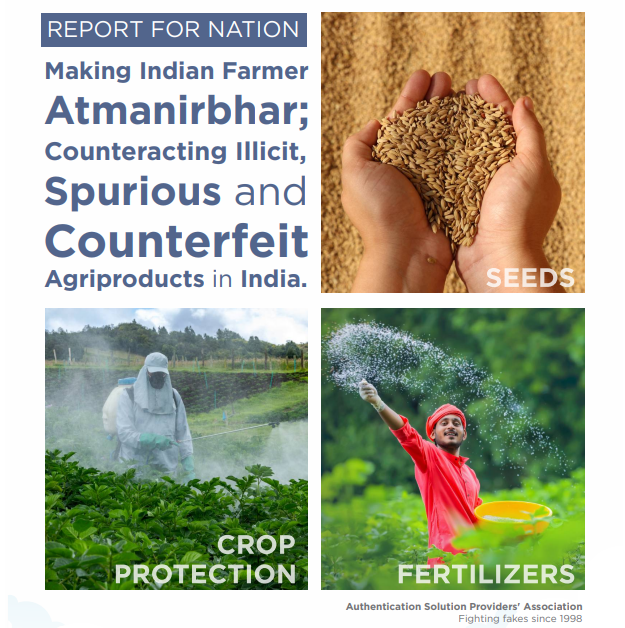
March 2023: Making Indian Farmer Atmanirbhar; Counteracting Illicit, Spurious and Counterfeit Agriproducts in India
Illicit, Fake, Counterfeit, and Spurious (hereinafter referred to as IFCS) Agriproducts are not a new problem and for more than a decade, regulators, industry, and farmers across various countries have been struggling with the issue. There have been many published studies on this important topic, however, this white paper intended to provide the latest update with recent increasing incidents of IFCS agriproducts, along with a glimpse from ASPA and CRISIL's latest report “State of Counterfeiting in India 2022” providing consumer perception, key learnings from global best practices and way forward for India to counteract this issue.
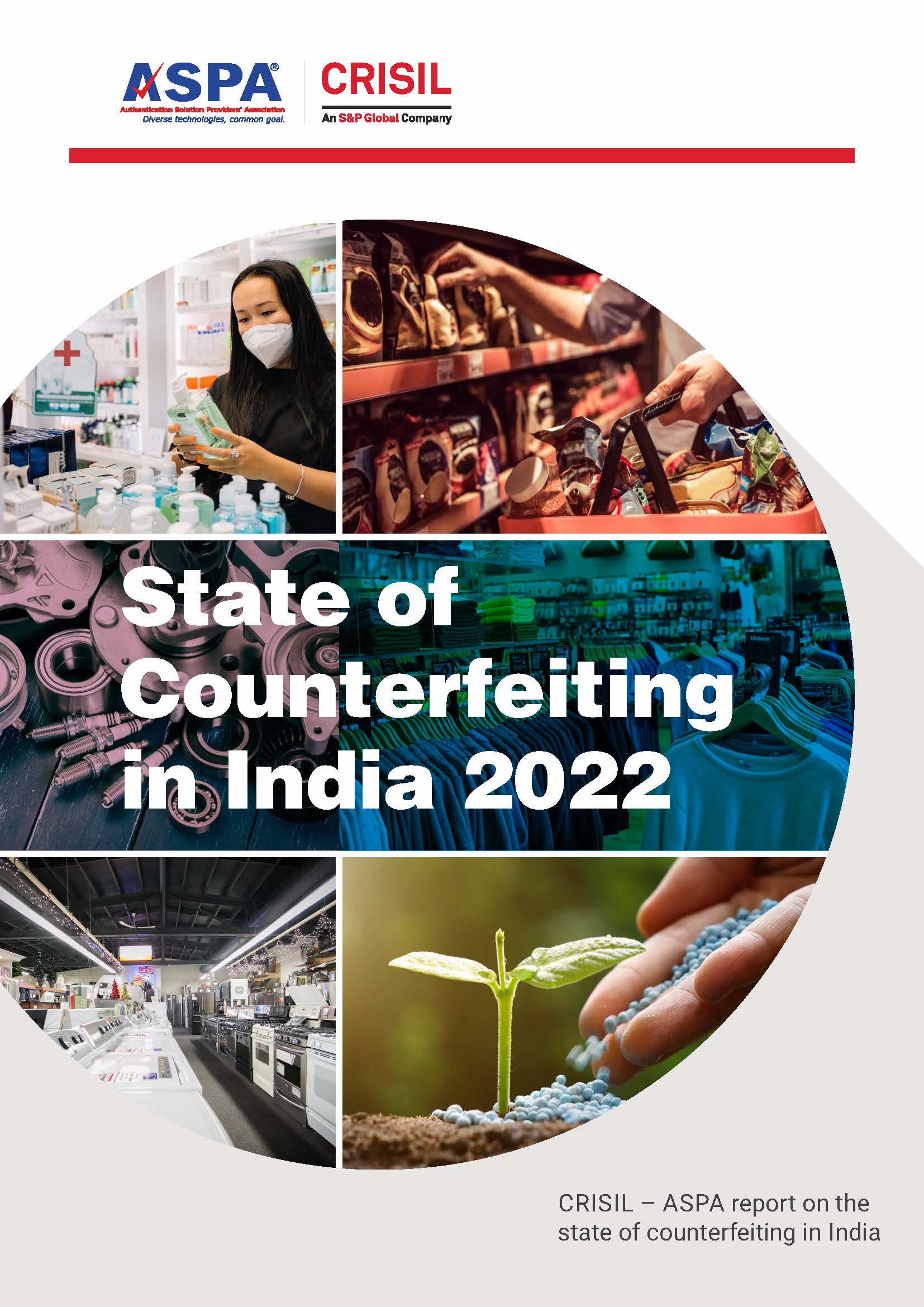
January 2023: ASPA and CRISIL Report - The State of Counterfeiting in India 2022
Counterfeiting activities are impacting the sustainable growth of the major industry in India, including Pharmaceuticals, FMCG, Automotives, Apparel, Consumer Durables/Electronics, and Agri products, according to a new report released by ASPA & CRISIL. The report is based on an independent survey conducted with consumers and retailers covering twelve Indian cities (Delhi, Agra, Jalandhar, Mumbai, Ahmedabad, Jaipur, Indore, Kolkata, Patna, Chennai, Bangalore, and Hyderabad) to gauge their perception of counterfeiting in several key sectors.
An important finding of the survey was that consumer perception pegged the extent of counterfeiting at 25-30% of the market, higher than the general industry expectations. Counterfeiting is most prevalent in FMCG, Apparel, and Agrochemical sectors (~30%), followed by the pharmaceutical, automotive, and consumer durables sectors (20-25%). The survey also reveals that almost 89% of consumers acknowledge the presence of fake products in the market and are often compelled to buy counterfeits for reasons such as sensitivity to price, demand-supply gap, desire to buy luxury brands, peer pressure, and social motivations.
However, nearly 27% of the consumers were unaware that the product was counterfeit at the time of purchase, making it more important to spread awareness about the issue and identification methods in fighting fakes. Apparel (31%), FMCG (28%), and Automotives (25%) are the top segments where consumers came across a counterfeit product, followed by Pharmaceuticals (20%), Consumer Durables (17%), and Agrochemicals (16%). Even after discovering that the product is fake, consumers take close to negligible action about reporting it.
To read the sector specific analysis click here.
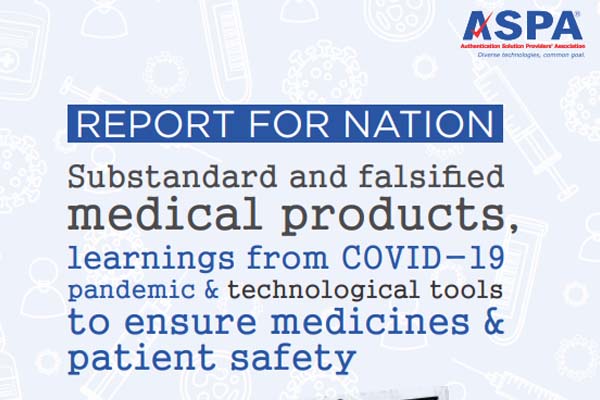
March 2022: Substandard and falsified medical products, learnings from COVID-19 pandemic & technological tools to ensure medicines & patient safety
We all understand the magnitude of counterfeiting as it has a long and sordid history. It is impacting both economically and socially. Perhaps, unlike other industries, counterfeiting in the Pharmaceutical industry may have life or death consequences. Though we know SF medical products enter the supply chain, the time and place of their entry are unpredictable. Managing this uncertainty has become more critical due to the recent rise in the incidence of counterfeit reporting. We must reduce the entry and effects of counterfeit parts through increased diligence and active control measures. It is necessary to have greater collaboration both within the industry and with the government to accomplish this.
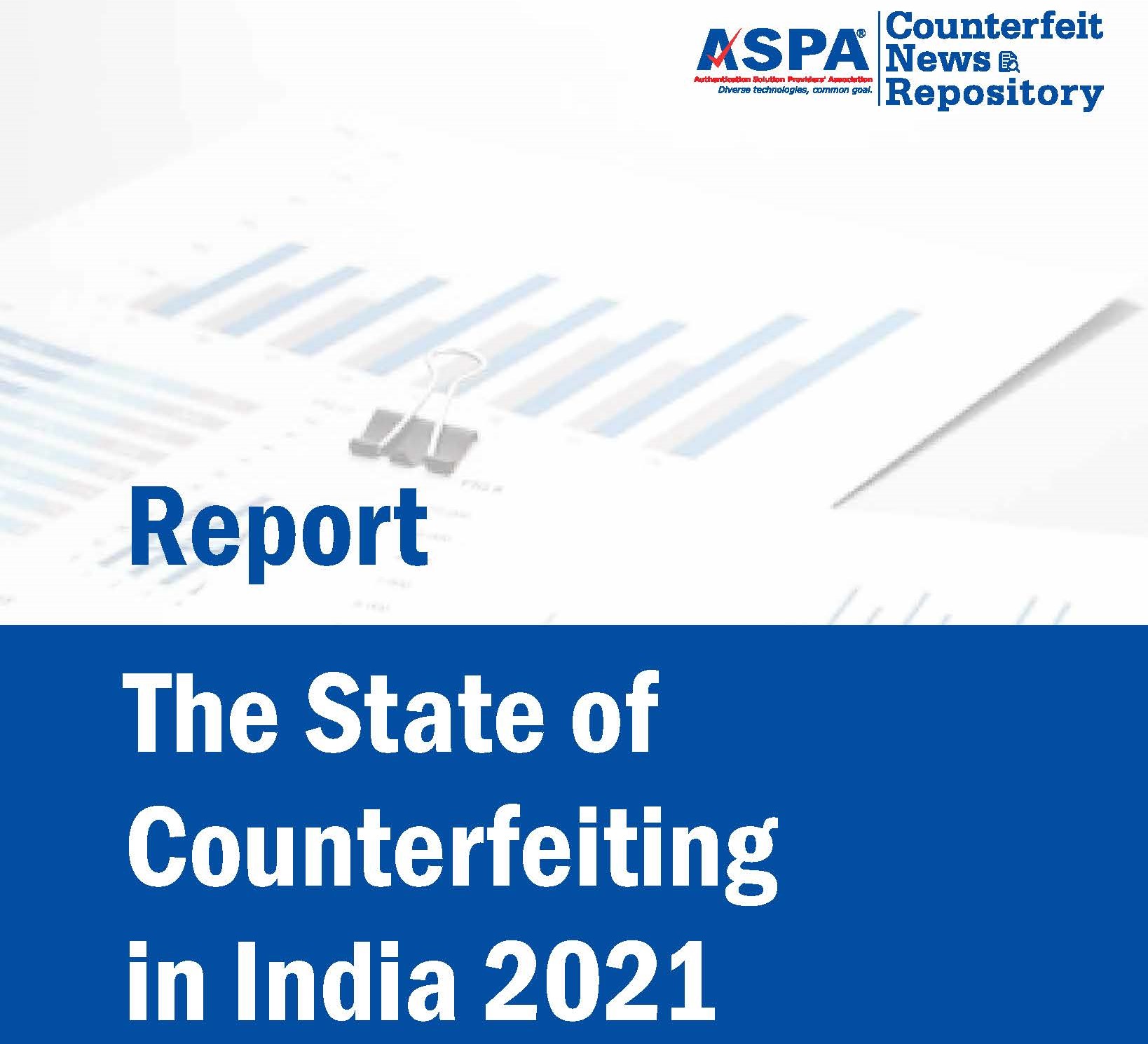
June 2021: The State of Counterfeiting in India 2021
The report is the second in its series prepared by ASPA to statistically present print and other media reports pertaining to Counterfeiting, to help stakeholders to understand the nature of counterfeiting activity in India and the industries, and regions most affected by counterfeiting.
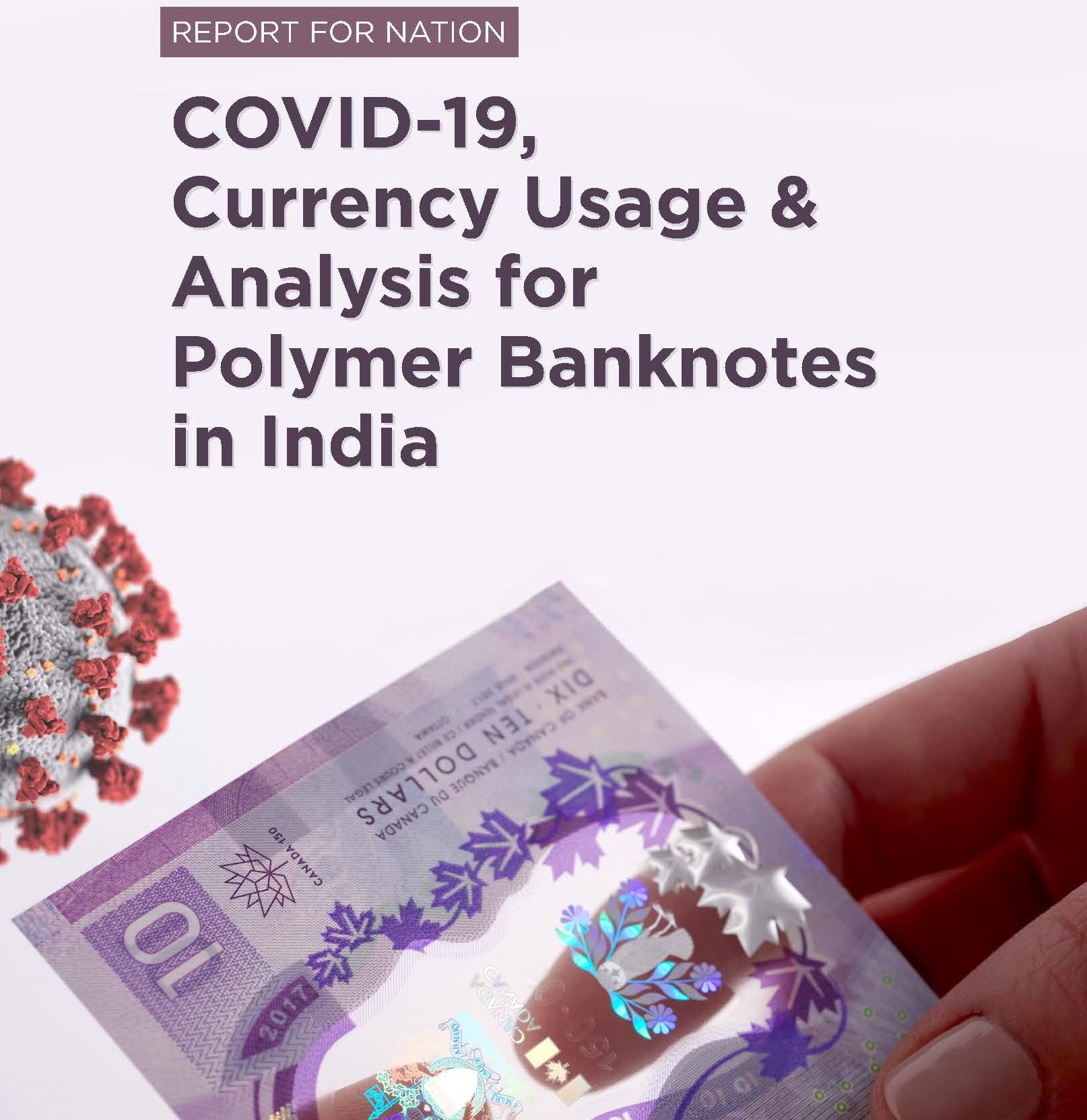
COVID-19, Currency Usage & Analysis for Polymer Banknotes in India
Despite the increasing use of electronic payments, currency retains an important role in the payment system of every country. However, today, the crime of counterfeiting currency continues to present a potential danger to national economies and financial losses to consumers at large. Further, with the recent COVID-19 pandemic there has been a debate on the risk of spreading viruses & other infectious diseases through contaminated paper currency notes. This report examines the probability of disease being spread due to currency notes as well as the probability of polymer currency notes in India as an alternative to paper currency.
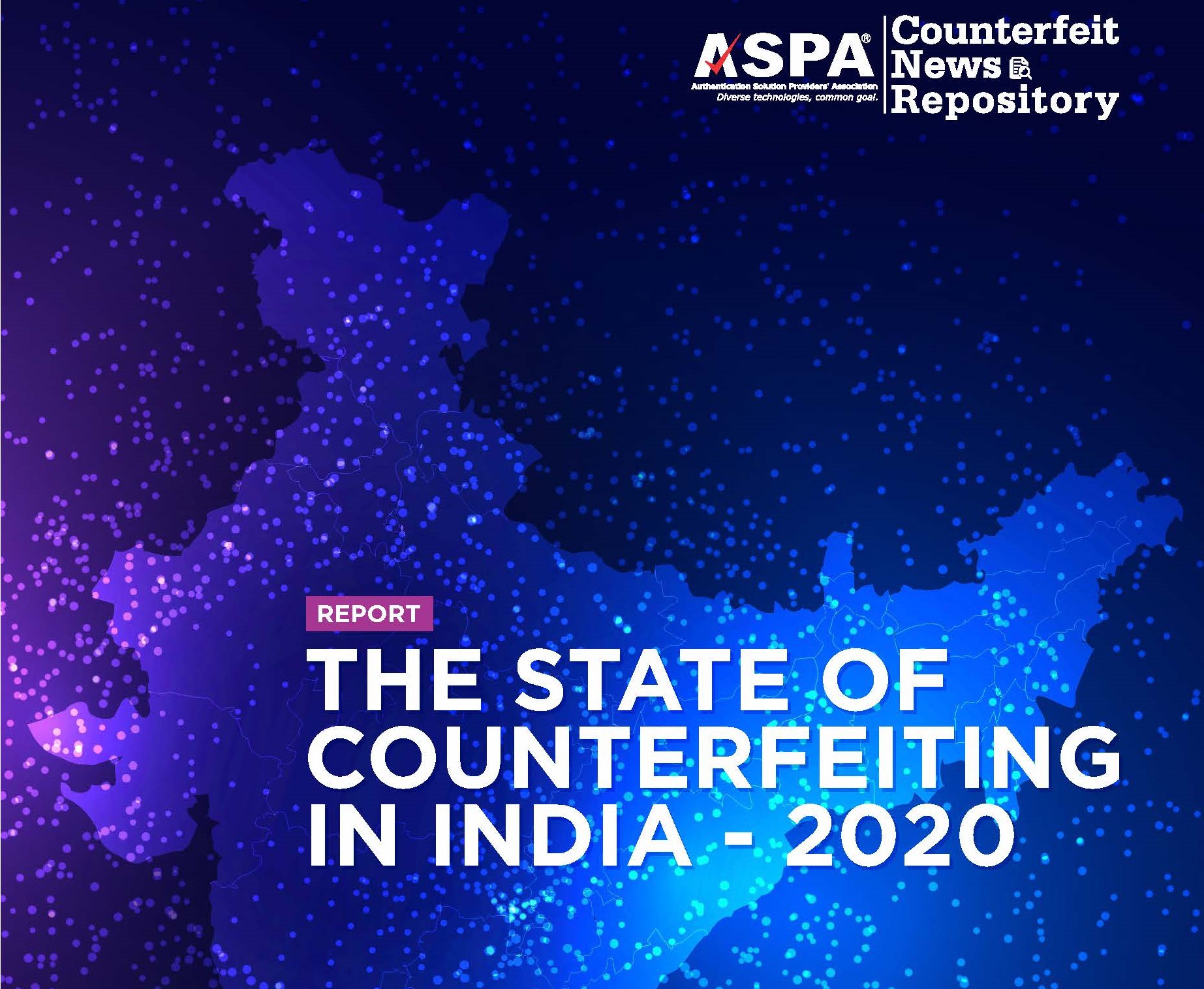
July 2020: The State of Counterfeiting in India
The report is first of its kind document prepared by ASPA to analyse news items and understand the nature of counterfeiting activity in India, Industries and regions which are most affected by counterfeiting. The purpose of this report is to provide insight for all stakeholders including brand owners, government authorities to deepen their understanding on counterfeiting activities through trends and analysis. It will also help policymakers to formulate strategy and policies to fight this menace.
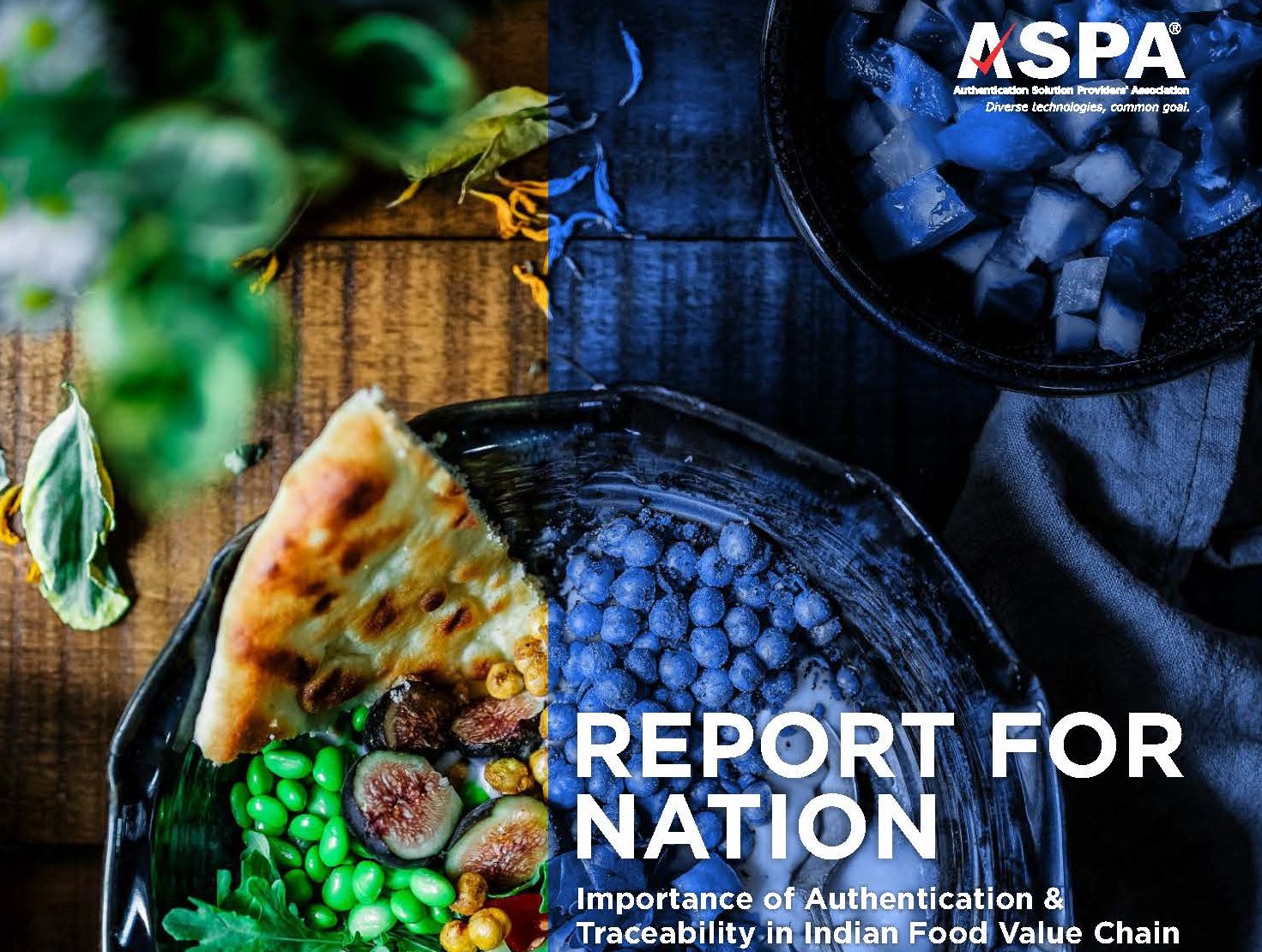
June 2020: Importance of Authentication and Traceability in Indian Food Value Chain
Fundamentally, India requires more development in current national food laws, as well as needs to adopt an effective traceability system to improve and change within the current food industry and food supply chain. The adoption of authentication solutions in food sector will help the country in Minimizing the risk of food safety, Reduce in product recalling cost, reduce food wastage's, Visibility & transparency in Indian products, combating agro-terrorism threat and strengthening certifications and global standards the interest of the country
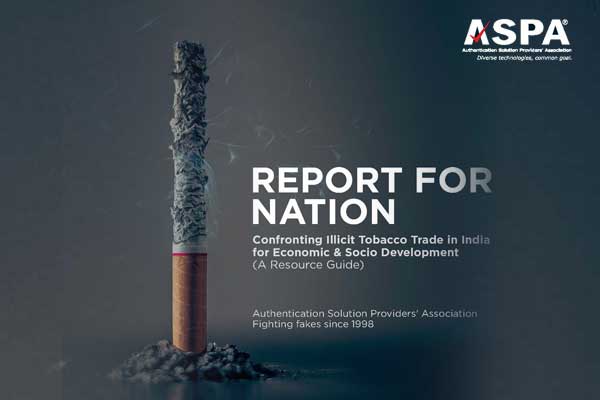
January 2020: Confronting Illicit Tobacco in India
The illicit tobacco trade robs governments of tax revenue and increases tobacco-related deaths. Eliminating or reducing the illicit cigarette trade will reduce consumption (by increasing price), save lives, and increase tax revenue to governments. Governments are currently losing approximately $40.5 billion annually worldwide. The FCTC protocol proposes several measures such as tighter control of the supply chain, enforcement, and international cooperation, which are expected to reduce the size of illicit trade globally. The purpose of this report is to provide a resource guide to the Government of India on the problem of illicit tobacco trade in India and the usage of Phygital Tax Stamps as solutions in combating it.
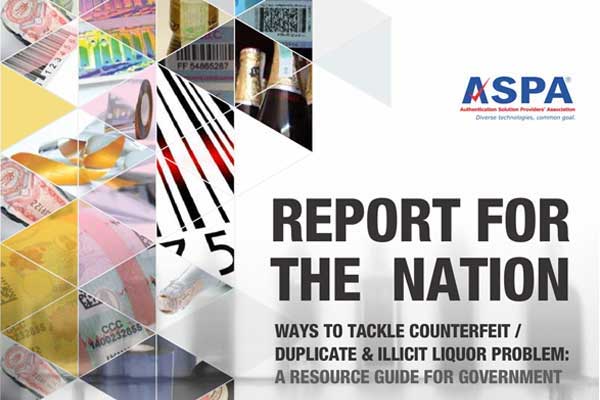
February 2019: Ways to tackle Counterfeit Spurious & Illicit Liquor Problem
Illicit trade in liquor products poses a pervasive and ever-changing problem in India. The illicit liquor, smuggling and counterfeiting each year seriously harms public health, erodes government's revenues and threatens public safety and supporting organized crime and terrorist's networks. This white paper analyses / explore the problem of illicit liquor in India. It's findings will help stakeholders in understanding the illicit liquor problem, gaps in current systems and ways to tackle it with the help of technology & solutions like Tax Stamps in fighting this issue.
